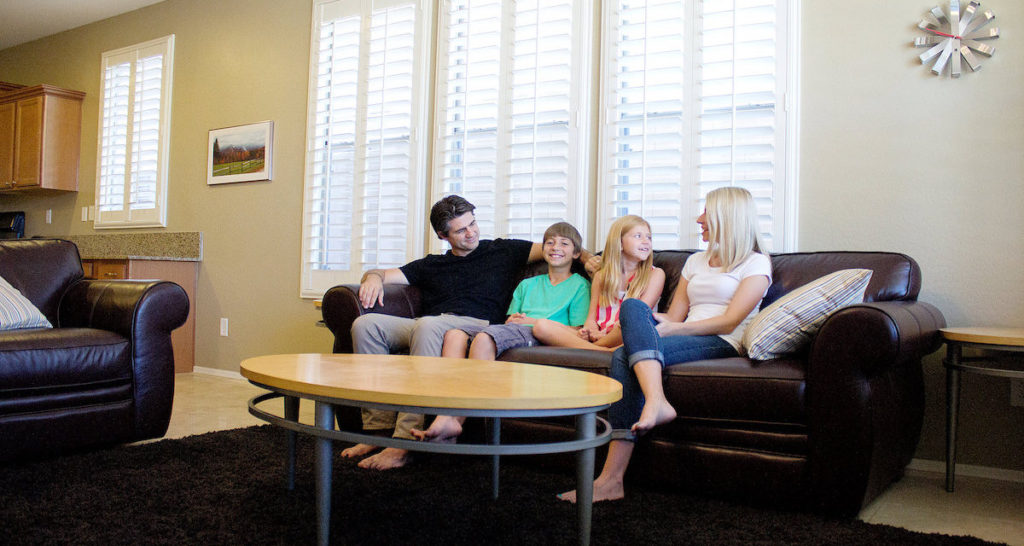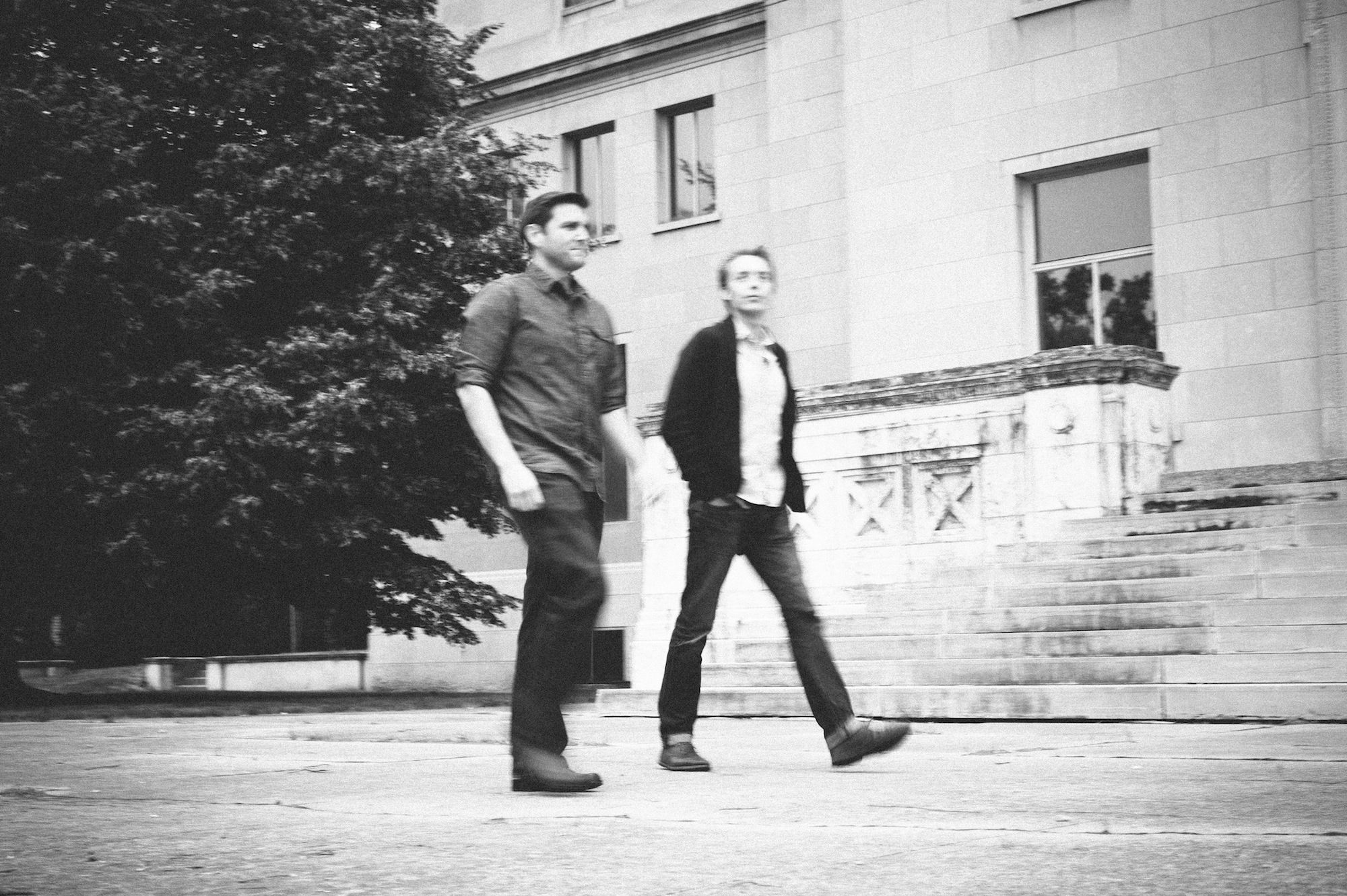Effective Techniques for Accepting Minimalism in a Busy Way of living
Effective Techniques for Accepting Minimalism in a Busy Way of living
Blog Article
Recognizing Minimalism: Approaches for Minimizing Mess and Enhancing Clarity in Everyday Living
Minimalism is increasingly acknowledged as a feasible strategy to improving clarity and emphasis in today's chaotic world. By methodically evaluating our possessions and focusing on intentionality, we can develop areas that not only reflect our values yet additionally promote psychological wellness. Utilizing techniques such as the "Four-Box" method can facilitate a more organized atmosphere, yet real challenge lies in cultivating a minimalist frame of mind that sustains these initiatives. Exploring the nuances of this approach might expose unexpected insights into just how you can transform your day-to-day live. When you welcome this deliberate simpleness?, what might you discover.
Specifying Minimalism and Its Benefits
Defining minimalism involves recognizing it as a way of life selection that highlights simplicity and intentionality in both day-to-day regimens and physical properties. At its core, minimalism motivates people to prioritize what absolutely matters, enabling an extra significant and concentrated existence. By removing the non-essential, minimalism invites people to involve deeply with their experiences and surroundings.
The advantages of adopting a minimal method are diverse. Firstly, it promotes mental clearness, as decreasing mess in one's atmosphere can result in decreased distractions and stress and anxiety. When bordered by fewer properties, people typically report boosted concentration and boosted performance. Minimalism promotes financial liberty; by focusing on demands over wants, people can make more informed buying decisions, leading to possible savings and decreased financial debt. A minimalist lifestyle can produce psychological advantages, as it encourages individuals to cultivate gratitude for what they have instead than yearning for more.
Inevitably, minimalism is not just regarding material reduction yet involves a holistic change in point of view, promoting a life defined by equilibrium, purpose, and fulfillment. Embracing this way of living can cause profound adjustments in exactly how people engage and view with the globe around them.
Assessing Your Present Clutter
Mess typically shows up as a frustrating buildup of items that no longer serve an objective, producing an obstacle to accomplishing a minimal lifestyle. Take note of certain categories of items, such as garments, books, or kitchenware, as this will aid you understand the scope of the clutter.

Furthermore, take into consideration the frequency of usage for each product. Ultimately, comprehending your existing clutter is an essential step toward accepting minimalism and improving clearness in your day-to-day living.

Practical Decluttering Strategies
Having evaluated your current clutter, the next step is to implement useful decluttering strategies that promote a more arranged living area. Minimalism. One efficient approach is the "Four-Box" method, where you assign 4 boxes identified: maintain, donate, garbage, and relocate. This strategy urges quick decision-making and guarantees items are categorized appropriately
One more method is the "One in, One out" rule, which specifies that for each brand-new product obtained, an existing thing needs to be eliminated. This concept assists preserve equilibrium and avoids accumulation gradually. Furthermore, think about the "30-Day Minimalism Game," where you remove one product on the initial day, 2 on the second, and so forth, cumulatively fostering a sense of achievement.
For those that have problem with emotional add-ons to possessions, the "Nostalgic Value" approach can be advantageous. Restriction on your own to a certain variety of treasured products, allowing you to appreciate their value without frustrating your room. Finally, develop a normal decluttering timetable, whether monthly or seasonally, to preserve a clutter-free atmosphere. By using these methods, you can develop a much more reliable and peaceful space, inevitably improving clarity in your day-to-day life.
Creating Intentional Spaces
Creating willful areas includes a thoughtful technique to just how we style and arrange our settings, guaranteeing each location serves a details purpose and shows our values. This practice is essential in cultivating a sense of clarity and function in our every day lives. By critically analyzing the function of each area, we can remove diversions and boost our overall well-being.
To produce intentional spaces, start by determining the key activities that will occur in each location. A home workplace need to be made to cultivate performance, including components such as appropriate illumination, comfy furnishings, and marginal distractions. On the other hand, a relaxation area should promote serenity, featuring comforting colors and comfortable seating.
Furthermore, take into consideration the psychological influence of your surroundings (Minimalism). Including individual products that reverberate with your values, such as artwork or plants, can boost the link to your space. Frequently examine these atmospheres to guarantee they remain to offer their desired objective as your requirements evolve
Eventually, creating deliberate spaces is concerning making aware options that line up with your way of life, advertising consistency and performance in your living and workplace.
Keeping a Minimalist Frame Of Mind
Accepting a minimalist state of mind needs continuous reflection and intentionality in our ideas and activities. Establish apart time to assess your dedications, belongings, and also digital content, ensuring they line up with your core concepts.
Another trick technique is to practice gratefulness. Acknowledging what you already possess fosters satisfaction and lowers the desire for extra. This shift in point of view urges appreciation for simpleness, improving overall health. Integrating mindfulness methods, such as reflection or journaling, can further enhance a minimalist frame of mind by advertising quality and decreasing psychological mess.
In addition, establish boundaries to safeguard your energy and time. Learn to state no to non-essential obligations and image source interruptions that do not add to your individual development. Border yourself with similar individuals who support your minimalist journey, as shared worths can enhance motivation and liability.
Final Thought
In conclusion, welcoming minimalism offers significant benefits, consisting of minimized mess and improved quality in everyday life. The concepts of minimalism serve as beneficial devices for growing an atmosphere that supports individual growth and health.

Additionally, consider the "30-Day Minimalism Video Game," where you get rid of one item on the first day, 2 on the second, and so forth, cumulatively cultivating a feeling of achievement.
In verdict, welcoming minimalism provides considerable advantages, consisting of minimized clutter here and boosted clarity in day-to-day life.
Report this page